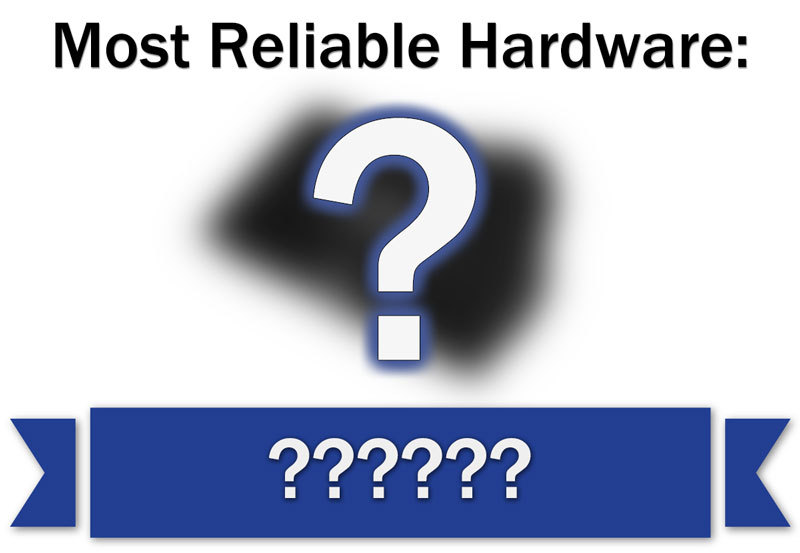I currently have four storage drives:
Chiefly, I have no idea how long drives usually last for. 9-11 years seems like I'm just waiting for one to die on me, especially if solid state drives are most likely going to break sooner than a hard disk.
It looks like my X470 Gaming Plus has the capability, so the current idea was, bare minimum:
I currently use ~1 TB between my three non-backup drives, so 2 TB should be more than enough for both drives, right? I feel like I'd need to replace a 4 TB backup drive long before I ever got to filling up half of that.
But mainly, what about Windows? Dedicated drive? Create a partition? No partition needed at all? Something to keep in mind: I can't move my Users or Documents folders because some older games/programs hate when they're on another drive. I assume putting those folders on a different partition is the same thing as them being on another physical drive, in the operating system's mind?
- Samsung 840 EVO 120 GB for Windows/programs, purchased December 2013
- Western Digital 1 TB 7,200 rpm for data/files, purchased December 2013
- Seagate BarraCuda 500 GB 5,400 rpm for Steam games, purchased June 2011
- Seagate 1 TB 7,200 rpm for internal backup, unknown date (between 5 and 10+ years old)
Chiefly, I have no idea how long drives usually last for. 9-11 years seems like I'm just waiting for one to die on me, especially if solid state drives are most likely going to break sooner than a hard disk.
It looks like my X470 Gaming Plus has the capability, so the current idea was, bare minimum:
- 2 TB PCIe 3.0 x4 M.2 2280 solid state drive for Windows, programs, games, and all data/files
- 2 TB H.D.D., probably 7,200 rpm, as my internal backup drive
I currently use ~1 TB between my three non-backup drives, so 2 TB should be more than enough for both drives, right? I feel like I'd need to replace a 4 TB backup drive long before I ever got to filling up half of that.
But mainly, what about Windows? Dedicated drive? Create a partition? No partition needed at all? Something to keep in mind: I can't move my Users or Documents folders because some older games/programs hate when they're on another drive. I assume putting those folders on a different partition is the same thing as them being on another physical drive, in the operating system's mind?



